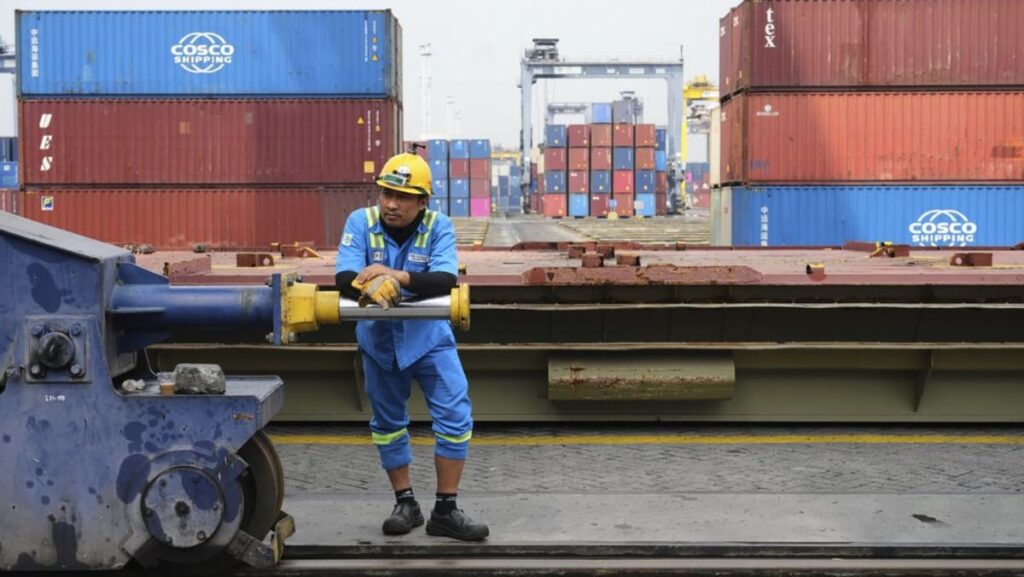Harry Su, research director of Jakarta-based securities firm Samuel Sekuritas Indonesia, questioned if Indonesia should call this a “win”.
“Is this a good deal for Indonesia? Trump called it a landmark deal. Simply put: US won a lot as Indonesia opens up its entire market to the US,” he said in a statement on Wednesday.
But Wijayanto Samirin, an economist from Paramadina University believed that the US deal might not be all that bad.
With a tariff lower than most countries, US demands for Indonesian products will increase, Wijayanto argued, paving the way for more investment needed to revitalise Indonesia’s manufacturing industry.
The economist also highlighted that Indonesia has been importing wheat from Australia and Canada and soy from the US and Argentina.
“We need those products. It is just where we import them from that will be different. So it won’t affect our trade balance as a whole,” Wijayanto said as quoted by Kompas newspaper.
Indonesia can also benefit from cheaper US goods, particularly technologies and machinery needed to support the country’s defence, telecommunication and manufacturing sectors.
Still, economics lecturer Achmad said Indonesia is setting a bad example with the way it handles negotiations with both the US and the EU.
“Prabowo often says: ‘One enemy is too many, a thousand friends are not enough’, but it should not come with sacrificing domestic interests in exchange for quick deals,” he said.
By backpedalling, Indonesia could jeopardise future negotiations with Eurasia and Mercosur blocs, which might make similar demands for Indonesia to impose zero tariffs and eliminate trade barriers for their products.
“And this is bad for other countries which are now trying to negotiate their own deals with the US or the EU, both of which are now expecting to get the same deal as they did with Indonesia,” he said.
Read the full article here

